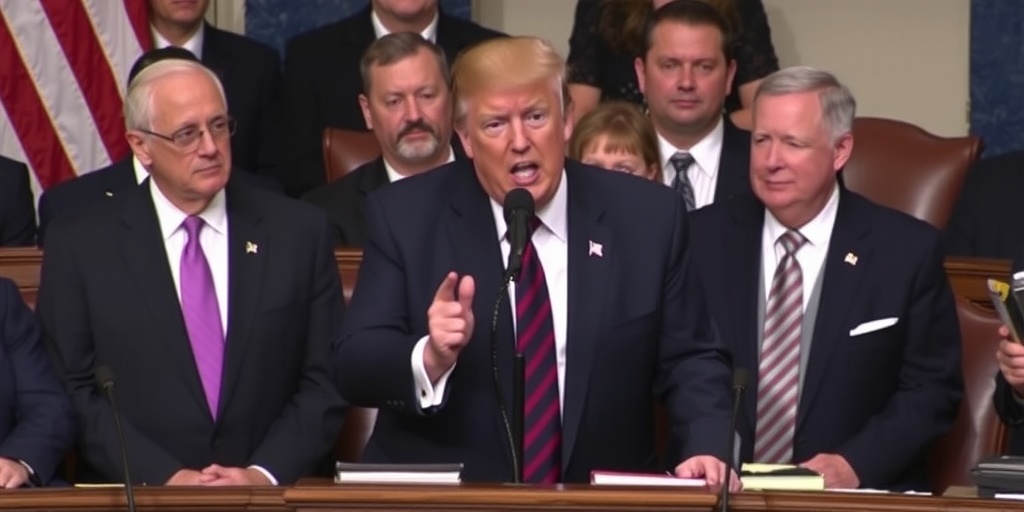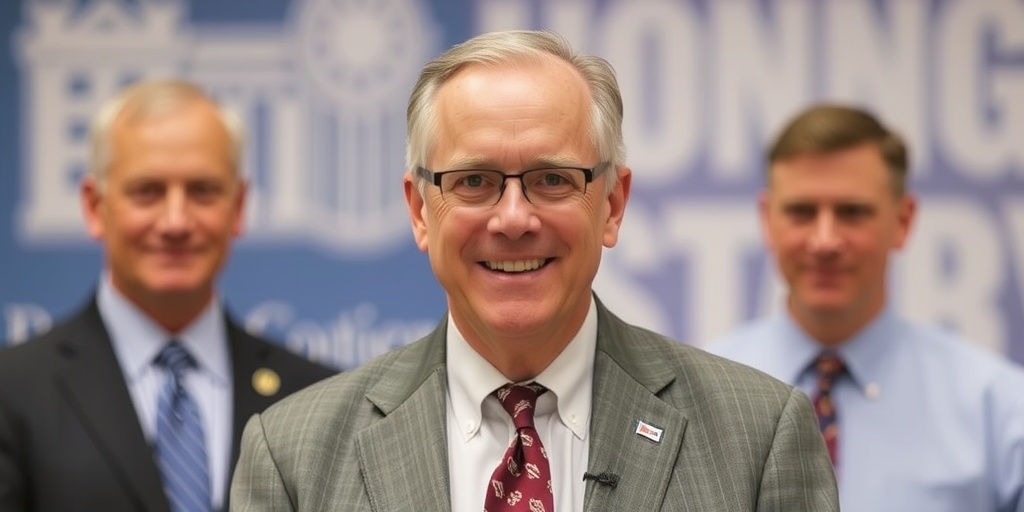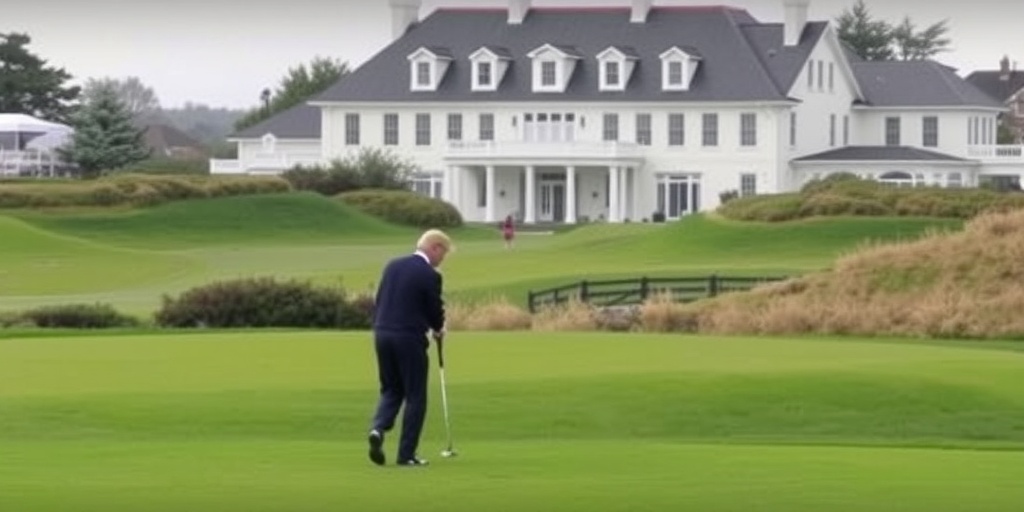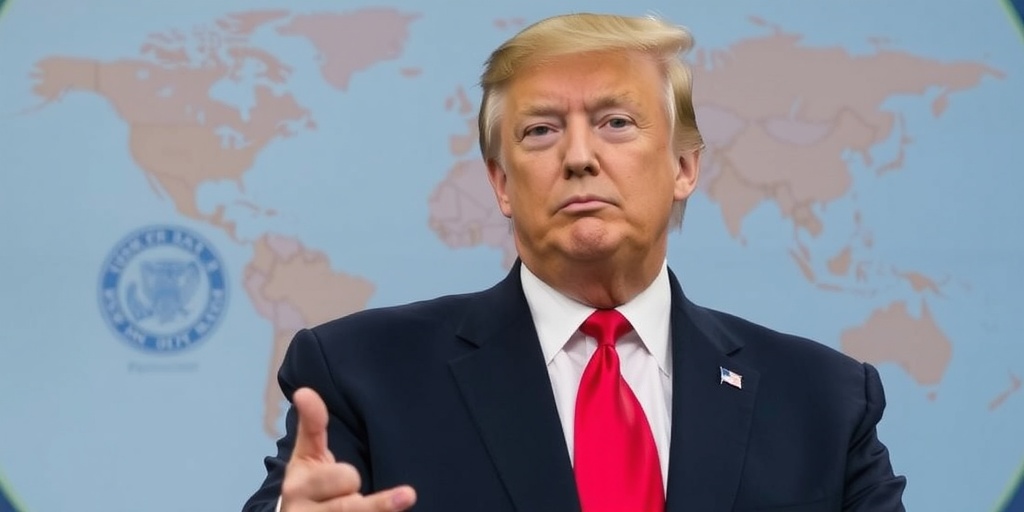Now Reading: FDA Cancels Flu Vaccine Advisory Meeting
-
01
FDA Cancels Flu Vaccine Advisory Meeting
FDA Cancels Flu Vaccine Advisory Meeting
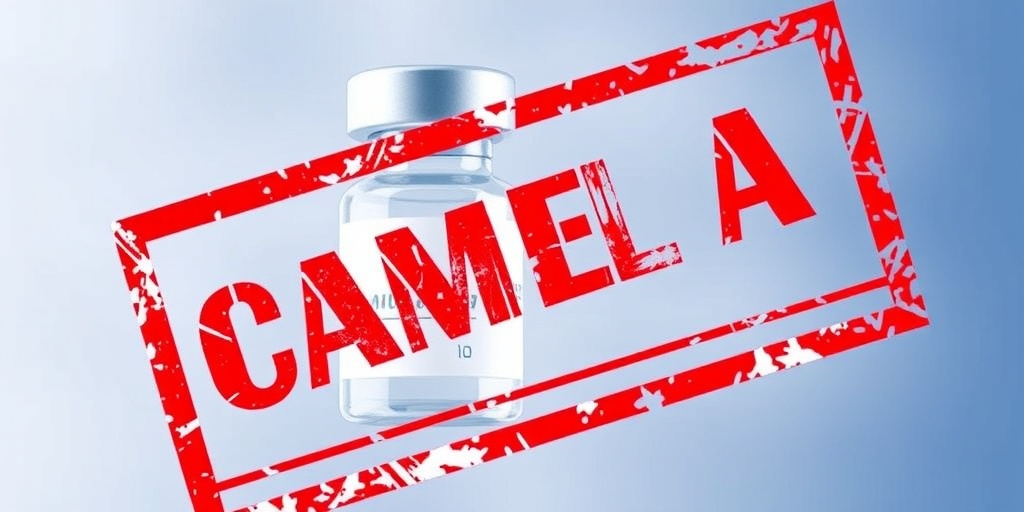
FDA Vaccine Advisory Panel Meeting Canceled Amid Rising Concerns Over Vaccine Policy
The Food and Drug Administration (FDA) has officially canceled its upcoming meeting scheduled for March 13 to discuss the flu vaccines for the next year. This decision comes from a panel of scientific experts who provide critical advice on vaccine policy. Notably, the panel has faced criticism from Health Secretary Robert F. Kennedy Jr., raising concerns among public health officials about the influence of political figures on vaccination processes.
According to a senior official familiar with the situation, FDA representatives emailed the members of the Vaccines and Related Biological Products Advisory Committee on Monday afternoon to announce the meeting’s cancellation. Details surrounding the reasoning for this unprecedented decision remain unclear, prompting speculation about its implications for future vaccine production.
Dr. Paul Offit, a prominent member of the committee and a pediatrician at the Children’s Hospital of Philadelphia, verified the cancellation and expressed concern that it could have detrimental effects on the timely production of flu vaccines. "It’s a six-month production cycle," Dr. Offit explained. He asserted that not convening the panel this year would likely lead to a failure in selecting appropriate flu strains necessary for vaccine development.
The advisory panel’s meeting is typically held during February or March, a critical time when flu vaccine strains are selected based on data provided by the World Health Organization (WHO). However, Dr. Offit emphasized the urgency, noting that if the panel does not meet soon, it could significantly delay the entire vaccine manufacturing process, which usually ramps up in June. "One can only assume that we’re not picking flu strains this year," he said, highlighting the potential disruption to public health efforts.
This cancellation comes on the heels of concerns regarding Mr. Kennedy’s stance on vaccines. His influence is viewed with suspicion by many scientists and health professionals, who fear that his political narrative could undermine the regulatory processes essential to vaccine development and public confidence in vaccination. The postponement of the Centers for Disease Control and Prevention’s (CDC) similar advisory committee meeting further magnifies these fears, especially given the tight timelines typically involved in flu vaccine production.
Richard Hughes, a lawyer representing several vaccine manufacturers, warned that strict timelines are vital for effective vaccine delivery. "The stakes are incredibly high," he indicated, especially with the current flu season having proven particularly severe. The CDC reported alarming figures for this winter: 86 children and approximately 19,000 adults have died due to flu-related complications, with an estimated 430,000 hospitalization cases reported.
Additionally, the CDC committee meeting, which was also postponed, would have discussed a range of vaccines, including the HPV vaccine—another area where Mr. Kennedy has expressed significant criticism. This environment of uncertainty is troubling for the public health landscape, particularly as flu season continues to pose substantial health risks to vulnerable populations.
As a presidential candidate and previously as a vocal supporter of President Trump, Mr. Kennedy has frequently criticized what he perceives as "regulatory capture," a concept implying that federal regulators are overly influenced by the industries they oversee. Kennedy’s intention to expose conflicts of interest within scientific panels that support federal agencies is part of a broader critique aimed at redefining how vaccinations are handled and approved in the U.S.
Members of these advisory committees often find themselves collaborating with industry entities. For example, Dr. Offit is credited as an inventor of the rotavirus vaccine, developed with assistance from pharmaceutical giant Merck. These relationships necessitate transparency and ethical guidelines; current regulations mandate that committee members disclose their collaborations and recuse themselves from voting on matters where they hold a financial interest. However, Mr. Kennedy has called for even more stringent restrictions to bolster public trust in the vaccine approval process.
As the FDA navigates this complicated situation, the public health community remains on high alert. The ripple effects of canceled meetings and political discourse surrounding vaccination could lead to further complications in vaccine availability and public perception, emphasizing the need for clear communication and adherence to scientific guidance in a time of increased scrutiny on health policies. The battle over vaccine confidence continues, as the implications of political rhetoric clash with the imperative of safeguarding public health through timely and effective vaccination strategies.
Stay Informed With the Latest & Most Important News
Previous Post
Next Post
-
 01New technology breakthrough has everyone talking right now
01New technology breakthrough has everyone talking right now -
 02Unbelievable life hack everyone needs to try today
02Unbelievable life hack everyone needs to try today -
 03Fascinating discovery found buried deep beneath the ocean
03Fascinating discovery found buried deep beneath the ocean -
 04Man invents genius device that solves everyday problems
04Man invents genius device that solves everyday problems -
 05Shocking discovery that changes what we know forever
05Shocking discovery that changes what we know forever -
 06Internet goes wild over celebrity’s unexpected fashion choice
06Internet goes wild over celebrity’s unexpected fashion choice -
 07Rare animal sighting stuns scientists and wildlife lovers
07Rare animal sighting stuns scientists and wildlife lovers













